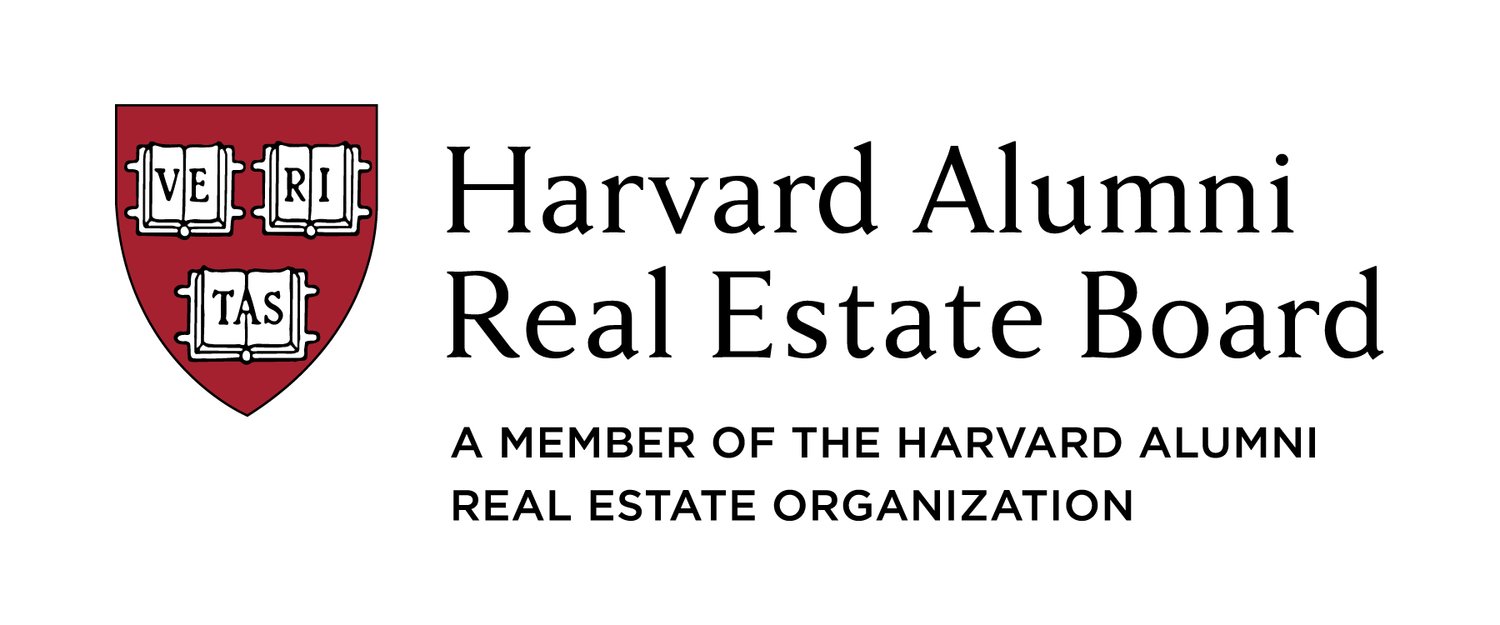Central to the Harvard Alumni Real Estate Board’s mission is enhancing the experience of real estate students at the University. The student-facing piece of our mission is timely; the University is seeing blockbuster enrollment in the real estate arena, and the real estate clubs’ membership numbers are at an all-time high. The board has created and funded a full calendar of real estate–related programming to further these student-facing objectives. An important facet of this programming – student real estate career treks.
Late last month, a group of over 30 students from the Harvard Student Real Estate Consortium (HSREC) affiliated schools – the College, Graduate School of Design, Business, Law, and Kennedy Schools – gathered to participate in a trek to the Christian Science Center redevelopment. Given the broad range of interests represented by the students involved in HSREC, when selecting a project for a trek, we are thoughtful about including a range of sectors. We hope both to capture a large variety of students and to give students the opportunity to gain substantive knowledge about sectors and career paths while reinforcing the multidisciplinary nature of real estate. Given this goal, we chose to include five diverse companies involved in the project: the Christian Science Real Estate Team; Leggat McCall Properties (LMP), who created the master plan; Mintz-Levin, the project’s attorneys; and two of the developers, Pritzker Realty Trust and Beacon Capital Partners.
Over the course of the three-hour trek, students met with senior members of the four groups involved in the first phase of the redevelopment. The Christian Science Real Estate Team led students on a tour of the century-old mixed-use complex that includes ten buildings set within a large plaza that incorporates over 10 acres of privately owned but publicly accessible space. The Christian Science Real Estate Team revealed to students that the aging campus was leading to ballooning maintenance costs of over 25 million dollars yearly, more than a quarter of the Church’s annual budget. To help decrease this burden, the Church turned to Boston-based LMP to create a master plan to capitalize on the Church’s wealth of real estate holdings while keeping key elements of the historic campus intact.
LMP leadership detailed for students how the first phase of the master plan was conceived and executed, including dramatically increased floor area through land sales, ground leases, new construction, renovation of existing structures, and major alterations to public space. While LMP laid the groundwork for the design of the master plan, members of Mintz-Levin detailed how they charted the course for the redevelopment through public approvals with the City of Boston, a process that involved the creation of multiple distinct plans over 20 years.
Students next met with two developers currently working on the site, Pritzker Realty Trust and Beacon Capital Partners. Pritzker purchased a piece of the original parcel, a surface parking lot, which is now one of the City’s most expensive rental buildings. Beacon Capital Partners entered a ground lease on an architecturally significant, I. M. Pei–designed office tower. Each of the developers gave an overview of their company and provided students with background and a tour of their project. They also shared an overview of the projects’ financials and of lessons learned while working on their respective projects. A lively conversation and Q&A session followed each developer’s presentation.
As the contingent of students studying real estate at Harvard continues to expand, so has the demand for real estate–related programming and engagement. Through real estate career treks, like the visit to the Christian Science redevelopment, the board allows students involved in HSREC to build on their classroom learning while expanding their knowledge of the diverse settings for employment and the scope of skills critical to the day-to-day work each highlighted position entails. Moreover, treks are crafted with an eye toward creating opportunities for students to expand their networks and meet with practitioners to secure internships or post-graduation employment.
Harvard student real estate–related programming would not be possible without the board. On behalf of the students who participated in this trek, we would like to thank each of you for your continued generosity. We would like to give special thanks to Philip Wall, MPP ’81, for his generous Sustainer-Level gift that helped to underwrite this trek.

